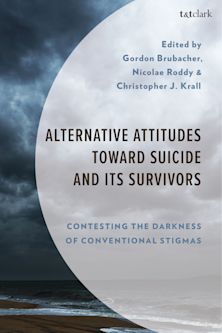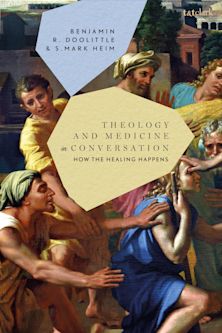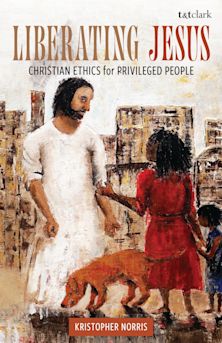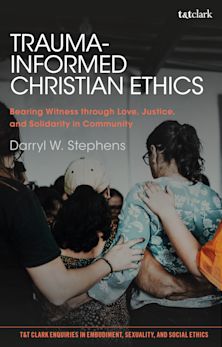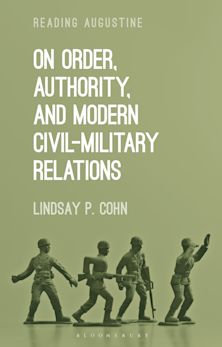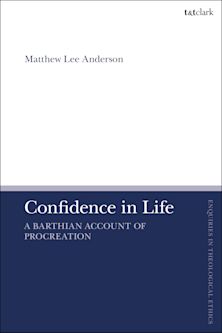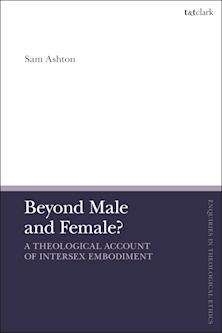A Christian and African Ethic of Women's Political Participation
Living as Risen Beings
A Christian and African Ethic of Women's Political Participation
Living as Risen Beings
Description
This book surveys a broad panorama of Christian and African traditions to discover and assess the components that will illuminate and motivate a Christian and African ethic of women’s political participation. The author’s primary lens for diagnosing the problems faced by women in Africa is Engelbert Mveng’s concept of “anthropological poverty” that results from slavery and colonialism. It affects women in unique ways and is exacerbated by the religious and cultural histories of women’s oppression. The author advocates an interplay between the sacredness of every individual’s life, a salient principle of Christian ethics, and the collective consciousness of solidarity distinctive to African cultures. This interplay can, in turn, foster a more enlightened approach to African masculinity. Using a “sophialogical” hermeneutic, this in-depth study undertakes a moral imagination through narrative criticism. It argues that the existential reality of African women must be addressed as an essential element in the development of Christian socio-political ethic. The righteous, solidaristic, and resistant anger of women can transform patriarchy and inform Catholic social teaching. The author draws on The Circle of concerned African women theologians, postcolonial theorists, inculturation theology, African males, and Jon Sobrino's liberation theology to present an innovative Christian ethic that will radically affect the lives of African women and inform feminist theology.
Table of Contents
Acknowledgments
List of Abbreviations
Introduction
Part One: The Scope of Anthropological Poverty in Africa
Chapter 1: Anthropological Pauperization: History, Causes, and Effects
Chapter 2: African Women's Anthropological Poverty
Part Two: African Women's Empowering Sociopolitical and Cultural Legacy
Chapter 3: African Proverbs and African Traditional Religions
Chapter 4: African Myths and Female Power
Chapter 5: African Women Historical Figures and Political Agents
Part Three: Christian Ethics and The Challenges of Women's Political Participation
Chapter 6: Catholic Social Teaching and Women's Political Participation
Chapter 7: Christian Discipleship and Women's Political Participation
Chapter 8: Women, Solidaristic Anger, and the Preferential Option for the Poor
Part Four: African Women's Voices: Implications to Christian and African Ethic
Chapter 9: African Women Living as Risen Beings
Chapter 10: African Women's Solidarity, Hope, and Resilience
Chapter 11: African Wom
Product details
| Published | Nov 30 2022 |
|---|---|
| Format | Ebook (Epub & Mobi) |
| Edition | 1st |
| Extent | 302 |
| ISBN | 9781793647757 |
| Imprint | Lexington Books |
| Series | Postcolonial and Decolonial Studies in Religion and Theology |
| Publisher | Bloomsbury Publishing |
Reviews

ONLINE RESOURCES
Bloomsbury Collections
This book is available on Bloomsbury Collections where your library has access.















